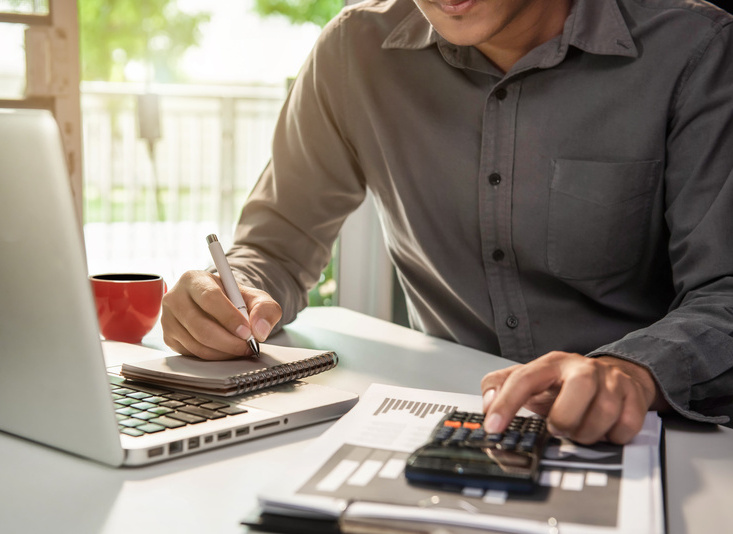Find A Home
Current
Twickenham Green
Twickenham Square
Nine Elms
Wandsworth Common
Pearson Building
Woolwich
Fifty Brook Green
County Hall Kingston
Ransome’s Wharf
Future
The Luminaries
Westminster Tower
Ransome's Wharf
Leegate
Willesden
Crayford
Lea Bridge
Bermondsey Phase 3
Ascot
East Quay
Wyvil Road
Stratford Cross
Wimbledon Bridge House
View All


